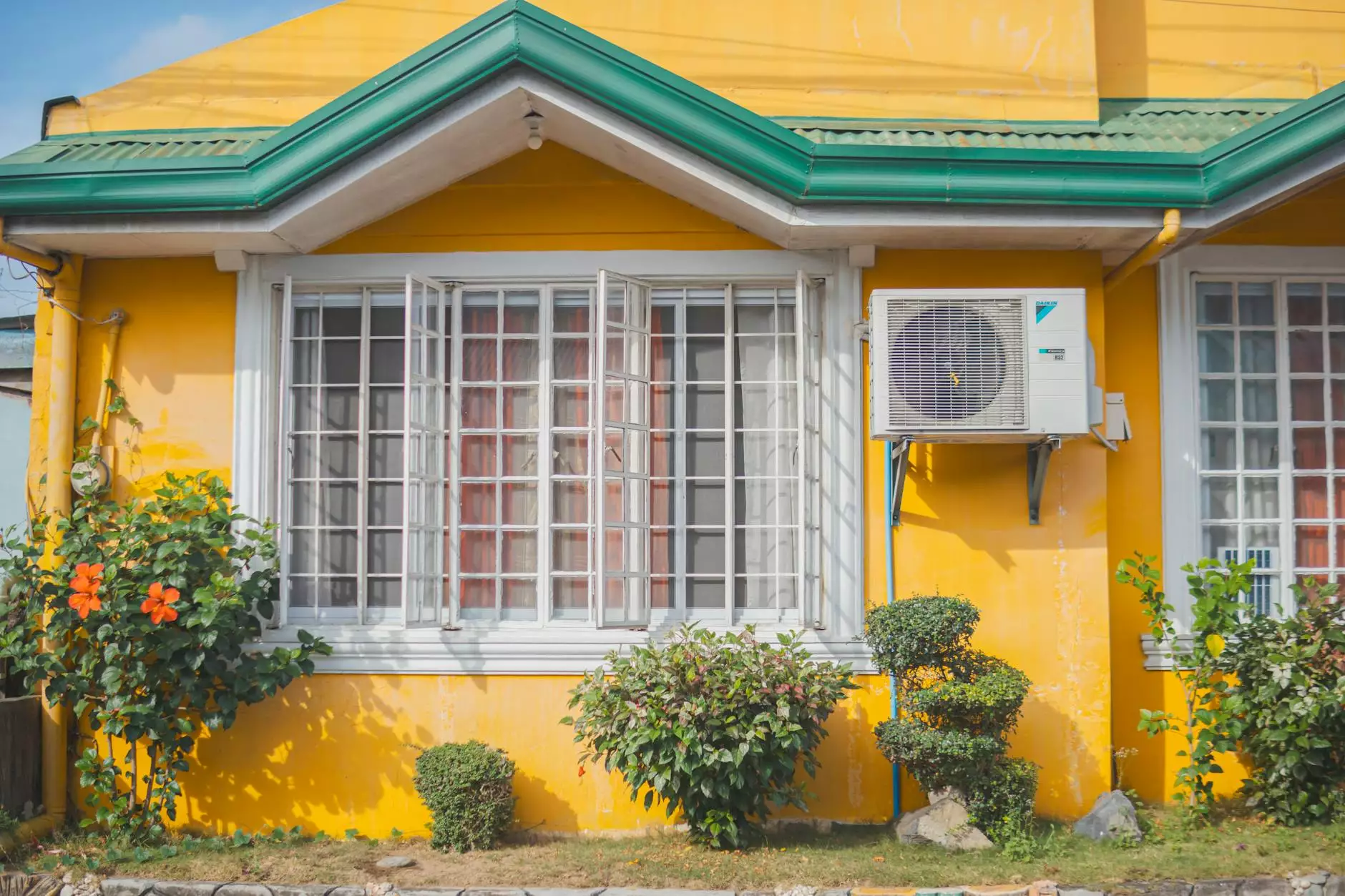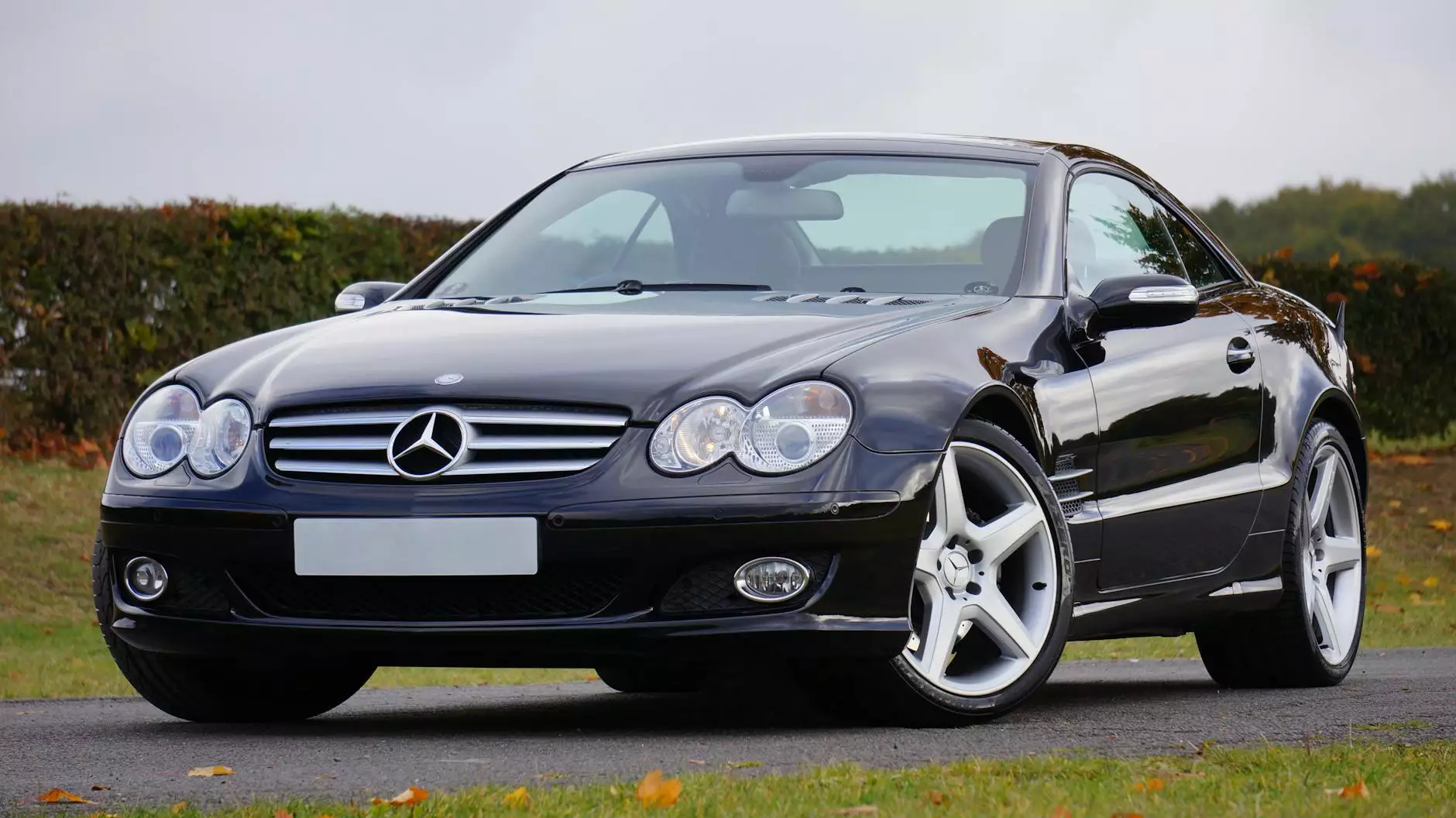Understanding Air Conditioner Prices: A Comprehensive Guide

The air conditioning market has seen significant shifts over recent years, with many consumers seeking to understand the various factors that influence air conditioner prices. Whether it's to beat the heat during a scorching summer or to enhance indoor air quality, an air conditioner is more than just an appliance; it is a vital investment for many households and businesses alike. This article delves into the complexities surrounding air conditioner prices and equips you with the knowledge needed to locate the best deals while ensuring quality.
The Different Types of Air Conditioners
To understand air conditioner prices, it's essential to know the different types of air conditioning systems available, as each comes with its own pricing structure. Here are the primary categories:
- Central Air Conditioners: Ideal for cooling larger homes, these systems connect to a home's ductwork and distribute cool air throughout the entire space. Prices typically range from $3,000 to $7,000, depending on the capacity and brand.
- Window Units: Perfect for smaller spaces, window air conditioners are installed directly into a window frame. They are relatively inexpensive, usually costing between $150 and $800, making them accessible for those on a tighter budget.
- Portable Air Conditioners: These units can be moved from room to room and are useful in spaces without central air. Prices range from $250 to $1,500.
- Split-System Air Conditioners: This high-efficiency option consists of an outdoor compressor and one or more indoor units. The average price falls between $1,500 and $3,500, depending on the system's size and features.
- Ductless Mini-Split Systems: Offering the flexibility to cool individual rooms without ductwork, these systems generally cost between $2,000 and $5,000.
Factors Influencing Air Conditioner Prices
Understanding air conditioner prices requires a deeper look into the various factors that affect costs. Here are some crucial elements to keep in mind:
1. Brand Reputation
The brand of the air conditioner plays a significant role in its pricing. Established brands often come with a higher price tag due to a reputation for quality and reliability. Brands like Trane, Carrier, and Lennox are renowned for their durability and performance, explaining their premium pricing compared to lesser-known brands.
2. Energy Efficiency Ratings
Energy efficiency is another major influencer of air conditioner prices. Units with higher SEER (Seasonal Energy Efficiency Ratio) ratings tend to be more expensive upfront but offer greater savings in the long run through reduced energy bills. Investing in a higher efficiency unit can lead to a significant return on investment over time.
3. Features and Technology
Modern air conditioners come equipped with various features including smart technology, remote controls, and air purifying capabilities. The inclusion of advanced features can significantly elevate the price. For example, units with Wi-Fi connectivity that allow remote usage are often priced higher due to the added convenience and functionality.
4. Installation Costs
Installation plays a crucial role in the overall cost of an air conditioning system. Professional installation can range from a few hundred to a few thousand dollars depending on the complexity of the system being installed. Always consider this as part of the total expenditure when evaluating air conditioner prices.
5. Seasonal Demand
Just like any market, air conditioner prices can fluctuate based on seasonal demand. Summer months tend to see higher prices due to increased demand, while off-peak seasons often result in lower prices and significant sales, making it a smart time to purchase an air conditioner.
The Importance of Size and Capacity
One of the most critical factors in purchasing an air conditioner is choosing the right size and capacity for your space. An oversized or undersized unit will lead not only to inefficiency but could also increase installation and operational costs. It’s essential to consider:
- BTU Rating: The British Thermal Unit (BTU) indicates the cooling capacity of the air conditioner. Larger spaces will require units with higher BTU ratings, whereas smaller spaces can function efficiently with lower BTU ratings.
- Room Size: Measure the dimensions of your space to ensure the air conditioner can adequately cool the room. Consult with HVAC professionals for recommendations based on your specific needs.
How to Shop Smart: Tips for Finding the Best Air Conditioner Prices
When it comes to purchasing an air conditioner, being well-informed can lead you to the best deals. Here are some useful strategies for smart shopping:
1. Conduct Thorough Research
Utilize online resources to understand the market. Websites like abedtahan.com provide extensive product catalogs and comparisons of air conditioner prices across different brands and types. Reading customer reviews and expert analyses can also guide your decision.
2. Look for Seasonal Sales
Consider timing your purchase to coincide with sales events such as Black Friday or end-of-summer clearance sales when retailers often reduce prices significantly.
3. Take Advantage of Incentives
Various energy companies offer rebates and incentives for energy-efficient appliances. Invest time in researching local programs that might provide financial relief when purchasing a new system.
4. Get Multiple Quotes
When it comes to installation, don’t settle for the first quote you receive. Reach out to several contractors for estimates. This gives you a benchmark for installation prices and helps you find a competitive rate.
Understanding Operating Costs
Besides the upfront air conditioner prices, it’s crucial to factor in the operating costs. These include:
- Energy Consumption: Units with high SEER ratings will reduce the energy expenditures over time.
- Maintenance Costs: Regular maintenance is essential to keep your air conditioning system running effectively. Budget for annual check-ups and potential repairs.
Conclusion: Making an Informed Decision
In conclusion, understanding air conditioner prices involves more than just looking at the initial cost. By considering factors such as type, brand, energy efficiency, and installation costs, as well as the ongoing operating costs, you can make a well-informed decision that aligns with your specific needs and budget. Remember to leverage resources like abedtahan.com to help you navigate your options and ensure you get the best possible air conditioning solution.
Your Next Steps
Now that you have a comprehensive understanding of what affects air conditioner prices, take action:
- Evaluate your cooling needs based on your space.
- Research the different types of air conditioning systems.
- Compare prices and features from various retailers and brands.
- Plan for installation and maintenance costs.
- Make a purchase that satisfies your comfort and budget requirements.
Investing in an air conditioning system is a substantial commitment. By arming yourself with knowledge, you can choose the best unit for you and navigate the market like a pro!









